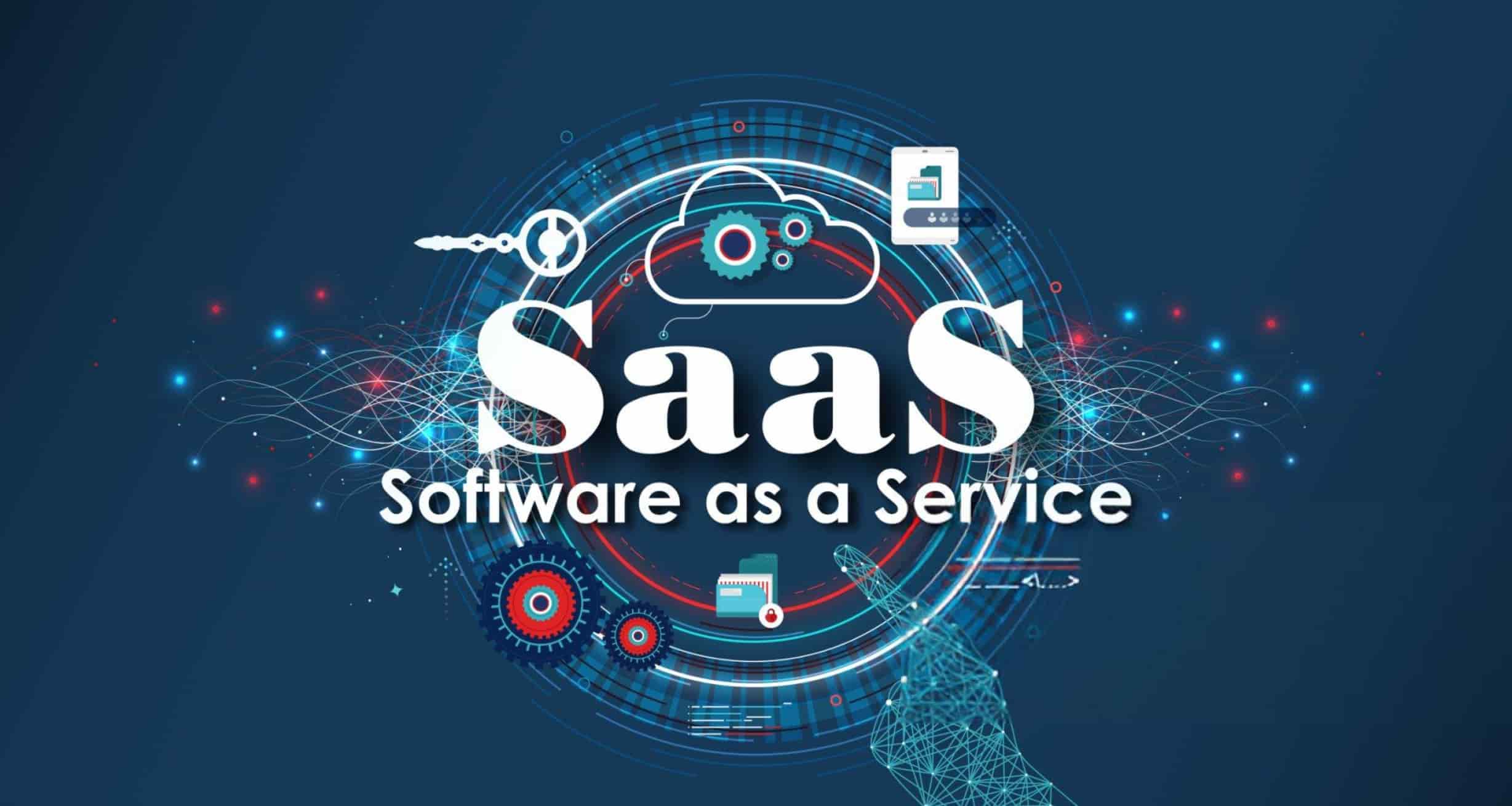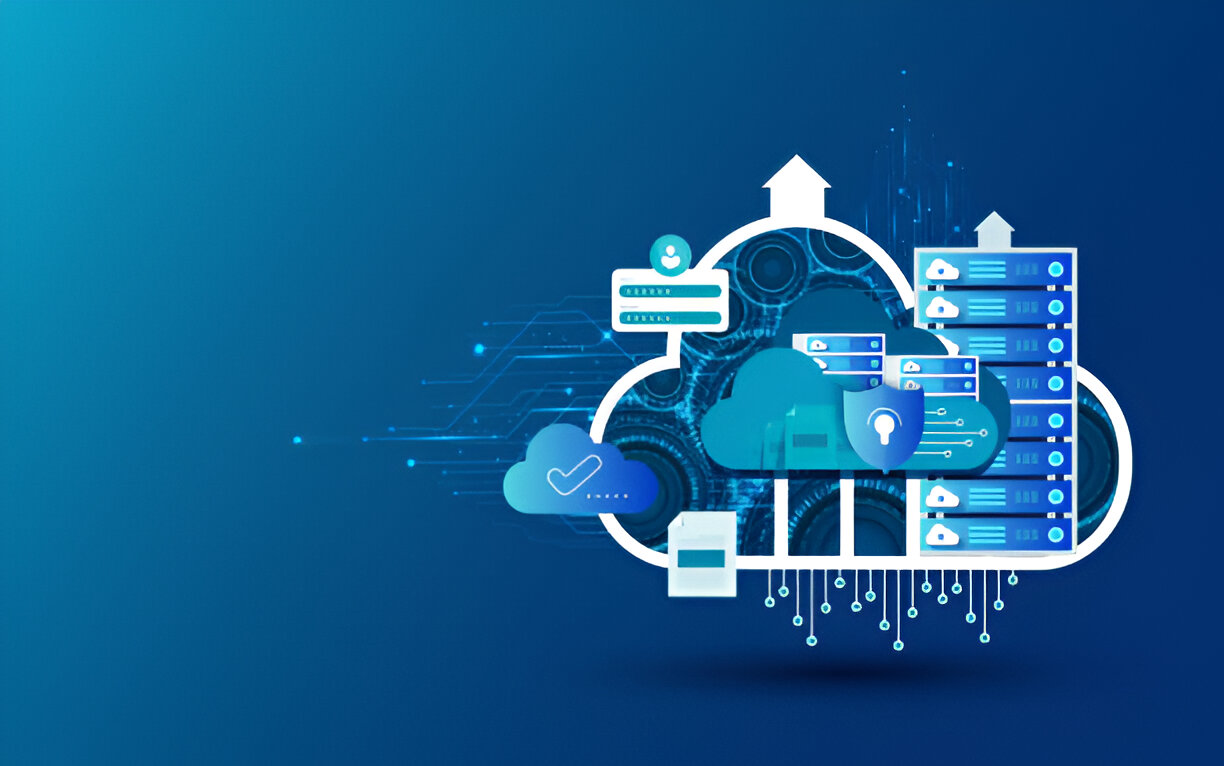How AI is Transforming SaaS: Opportunities and Challenges Ahead
AI is reshaping the SaaS industry by automating processes, providing data-driven insights, and enhancing user experiences. This article highlights the key opportunities AI offers for SaaS growth, as well as the challenges like data privacy and ethical concerns. Staying ahead of these developments will be crucial for businesses to leverage AI effectively in the SaaS landscape.
As AI technology becomes more advanced day by day, Software-as-a-Service businesses are leveraging their functionalities to change how they operate and serve customers. Businesses can leverage AI to offer personalized experiences as it can offer data-driven information.
However, there are some drawbacks that can hinder the progress of AI SaaS development as it's still evolving. For example, AI can offer personalized recommendations for products on SaaS platform, but sometimes it can breach privacy polices too.
In this post, we have provided detailed information on how AI can help SaaS businesses and what challenges they face with integration. Despite some of the roadblocks, if businesses can partner with a reliable AI ML development company, they can achieve better results and stand out from the competition.
Strategic Role of AI in SaaS Transformation
By enhancing their operations, artificial intelligence is transforming the way SaaS companies compete. These businesses can become more scalable, identify opportunities for revenue development, and develop products more quickly by utilizing AI.
Businesses can swiftly adjust thanks to AI's ability to forecast customer wants. Additionally, machine learning facilitates internal process optimization. As a result, many businesses hire software developers in India to build a SaaS platform that can take advantage of AI for their systems, which can lead to long-term growth.
Real-world Example of AI in SaaS development
1. Salesforce Einstein
Einstein, by Salesforce’s AI tool, can improve customer relationship management using predictive analytics. It automates lead scoring and provides customer insights. This helps sales teams prioritize their tasks and make decisions based on data, leading to more conversions.
2. Zendesk Answer Bot
Zendesk’s Answer Bot uses AI to help with customer support. It quickly suggests helpful articles, which reduces response times. This allows agents to focus on more complex questions, improving customer satisfaction.
3. HubSpot’s Content Strategy Tool
This tool helps marketers by analyzing search data and user behavior. It recommends topics and improves content strategies. This makes it easier to create targeted content that attracts more visitors and boosts engagement.
Opportunities offered by AI in SaaS Development
1. Enhanced Personalization
AI allows the SaaS platform to deliver a highly personalized experience as it can analyze user behavior and preferences along with engagement patterns. This level of personalization allows the software to suggest relevant content.
It can also adjust features based on usage trends and refine recommendations over time. With AI in SaaS development, users can benefit from a more relevant and engaging experience.
2. Automated Customer Support
For SaaS businesses, startups, or enterprises, customer support is a top priority. SaaS platforms can integrate AI chatbots and virtual assistance, which can efficiently handle a high volume of routine queries.
When we automate responses with AI, it can provide instant help; with the help of these tools, it can reduce wait time and free up the workforce to handle more complex tasks. SaaS businesses can take advantage of AI to enhance user experience and improve operational productivity while saving costs.
3. Predictive Analytics and Forecasting
One of the biggest advantages of integrating AI into SaaS development is getting predictive analytics. It can offer valuable information on customer trends and market dynamics.
By analyzing historical and real-time data, AI can help businesses make data-informed predictions, like how many resources they will need and sales forecasts. This capability helps businesses stay proactive, adapt to market demands, and make more accurate strategic decisions.
4. Improved Security and Threat Detection
Cybersecurity is one of the biggest threats to SaaS business, and AI can help with that. It can improve security through real-time threat detection and monitoring. Machine learning algorithms, when integrated with software, can identify patterns and anomalies.
It can find the source that indicates potential security risks and allow the system to respond to the threat. AI in SaaS platforms can continuously monitor the system, which can reduce the risk of data breaches and provide a safe environment for users and their data.
5. Enhanced Data Management and Insights
AI development services can help SaaS platforms analyze and organize large data volumes accurately. It can allow businesses to extract useful information from complex datasets, identifying trends, correlations, and customer preferences.
This will help businesses gain a deeper understanding of the market they are targeting so they can optimize their product offering. AI can also help SaaS businesses develop customer engagement strategies based on data.
Challenges of AI Implementation in SaaS System
1. Data Privacy and Compliance
While AI has a wide range of benefits, one of the main concerns for SaaS platforms is data privacy. Most AI tools rely on extensive user data to function properly. Businesses also need to comply with data protection regulations like GDPR, which is challenging when handling sensitive information. SaaS platforms need to implement robust privacy controls and transparency practices while integrating AI to maintain user trust and comply with evolving privacy laws.
2. Reliance on Quality Data
In order to perform tasks with accuracy, AI models are trained on large values of high-quality data. Currently, most AI platforms are facing issues like biased or incomplete data, which can impact outcomes.
For SaaS businesses to utilize AI with this type of problem, it can lead to inaccurate predictions or recommendations. This reliance requires SaaS businesses to prioritize data quality management and continuously monitor data sources to ensure AI model effectiveness and maintain output reliability.
3. High Development and Maintenance Costs
Businesses who invest in software development services understand that the cost can get higher, and when we add AI into the mix, it can go out of budget. Building and maintaining AI-based SaaS systems can be resource-intensive, with high costs related to infrastructure and AI developers.
These costs can put pressure on budgets, especially for SaaS startups. Also, the need to keep retraining AI models adds to the maintenance workload. This makes it crucial for SaaS businesses to plan their budgets wisely and maintain sustainable operations.
4. Complexity in Integration
AI can be a game changer for SaaS businesses but integrating it into the existing SaaS architectures is a bit of a technical challenge. Most legacy systems are not equipped to handle AI functions because they need complex adjustments or sometimes a total system overhaul.
This integration complexity can lead to more time on development and compatibility issues. It's important for businesses to hire software developers who are well-qualified with AI integration so it cannot disrupt the core functionalities.
Conclusion
AI is one of the most beneficial technologies for the SaaS industry as it can open up new possibilities that were once out of reach. For businesses that have a SaaS system or are thinking about building one, integrating AI can offer a wide range of benefits. It will pave the way for better responses and user-centric products. In this post, we have explained many advantages of AI in SaaS development and provided some of the challenges they will face.
By strategically approaching AI integration, SaaS companies can build solutions that aren’t just reactive to current needs but are primed to lead the current market, setting new standards for performance, security, and growth.

Subscribe & get all related Blog notification.





Post your comment